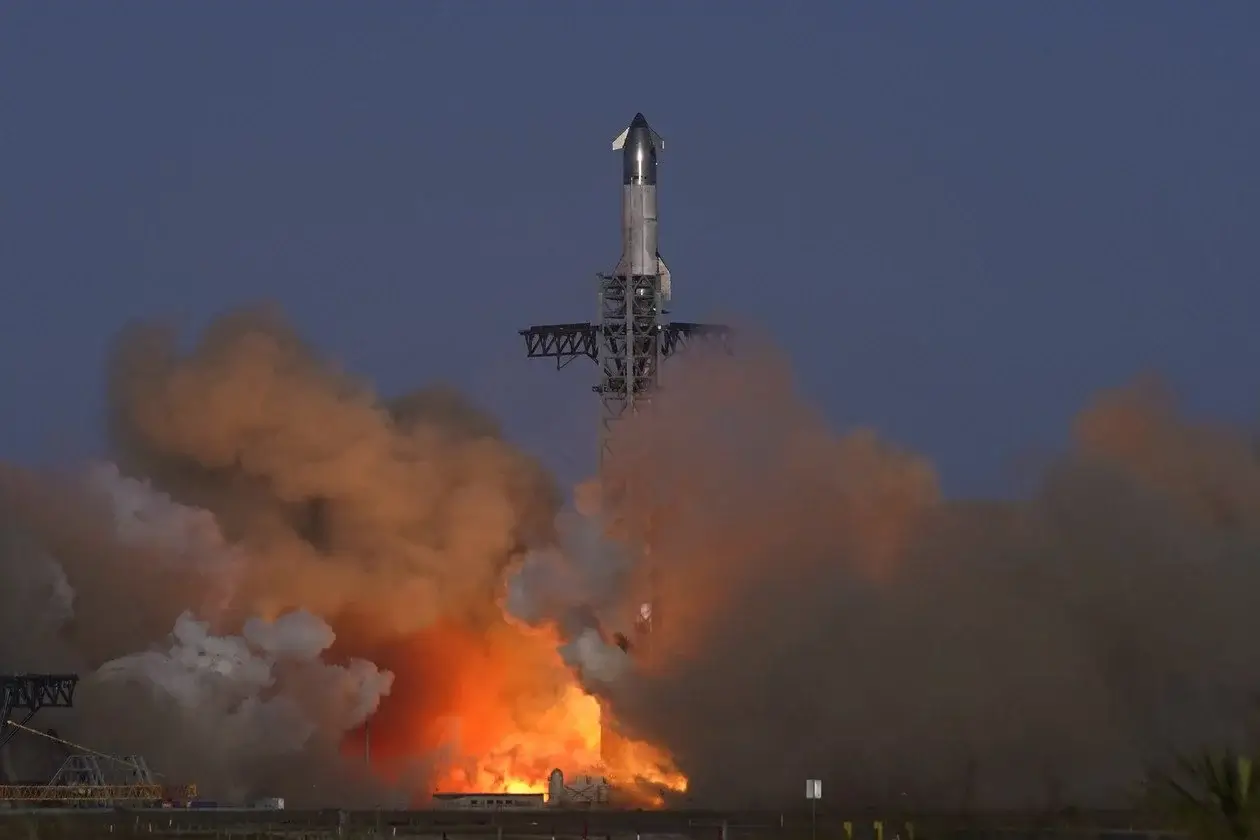NASA is accelerating its plan to explore Mars: Elon Musk may also participate in this project!

NASA, one of the largest organizations in the field of space exploration, is considering various options for launching rockets to Mars in the coming years. This was reported by Politico, citing the agency's press secretary, Bethany Stevens.
According to Stevens, the agency's specialists plan to use the convenient "flight windows" of 2026 and 2028 to test new technologies that will allow landing people on Mars.
The main reason for choosing these years is that at that time the Earth and the Red Planet will be maximally close to each other, and the most favorable conditions for space flights will be created. This will significantly reduce the distance and time to Mars.
However, this statement by NASA may also indicate a change in priorities for the agency. Earlier, the US Congress had assigned NASA the task of studying the Moon and ensuring a long-term stay of people there. Therefore, it is likely that Congress will refuse to approve new spending on Mars.
Politico reports that even agency employees do not know much about these new NASA plans. Several sources at NASA said that they were not aware of any changes in the agency's priorities.
However, if NASA's new plan is implemented, this situation could open up great opportunities for private space companies, especially SpaceX, owned by Elon Musk. Since NASA is highly likely to use SpaceX's Starship rockets for flights to Mars.
Recall that Elon Musk previously announced plans to send the Starship spacecraft equipped with humanoid Optimus robots to Mars at the end of 2026. If this flight goes according to plan, humans could set foot on Mars for the first time as early as 2029.
Thus, as a result of the cooperation between NASA and SpaceX, it is possible that the first human landing on Mars will happen even earlier than expected. This could herald a new era for all of humanity and dramatically accelerate the process of space exploration.
Only time will tell how successful these plans for a flight to Mars will be in practice. But so far this news has attracted the attention of astronomy and space enthusiasts around the world.
Follow the further development of this important event with Zamin.uz! Read “Zamin” on Telegram!
Ctrl
Enter
Found a mistake?
Select the phrase and press Ctrl+Enter 





















